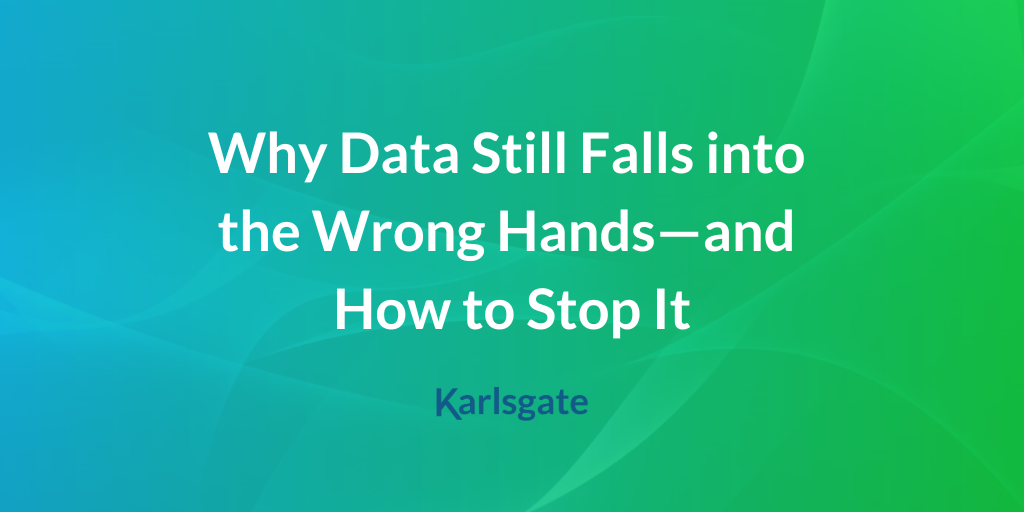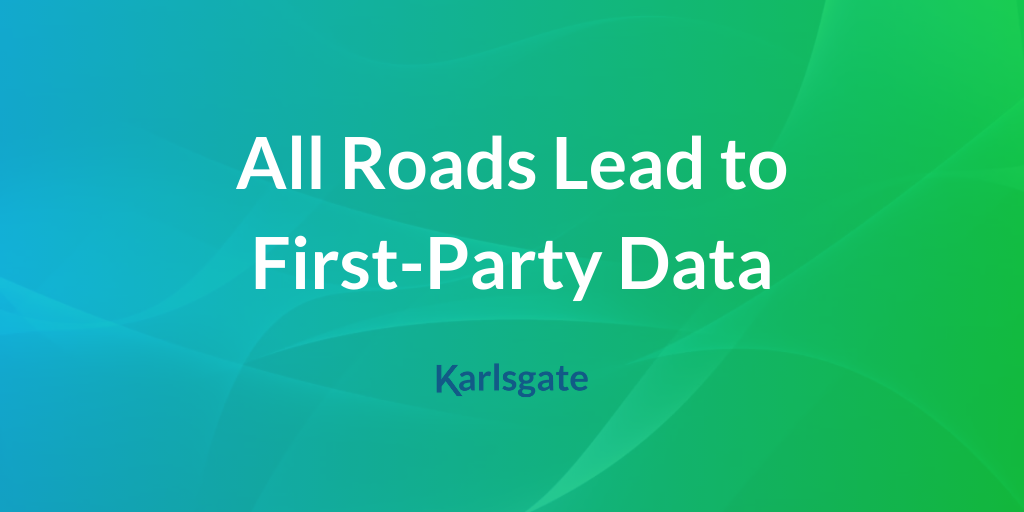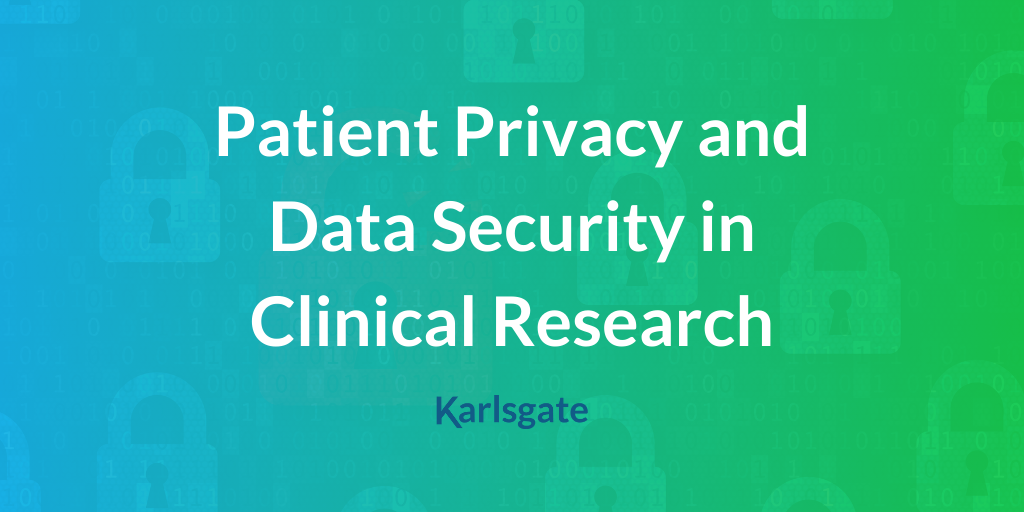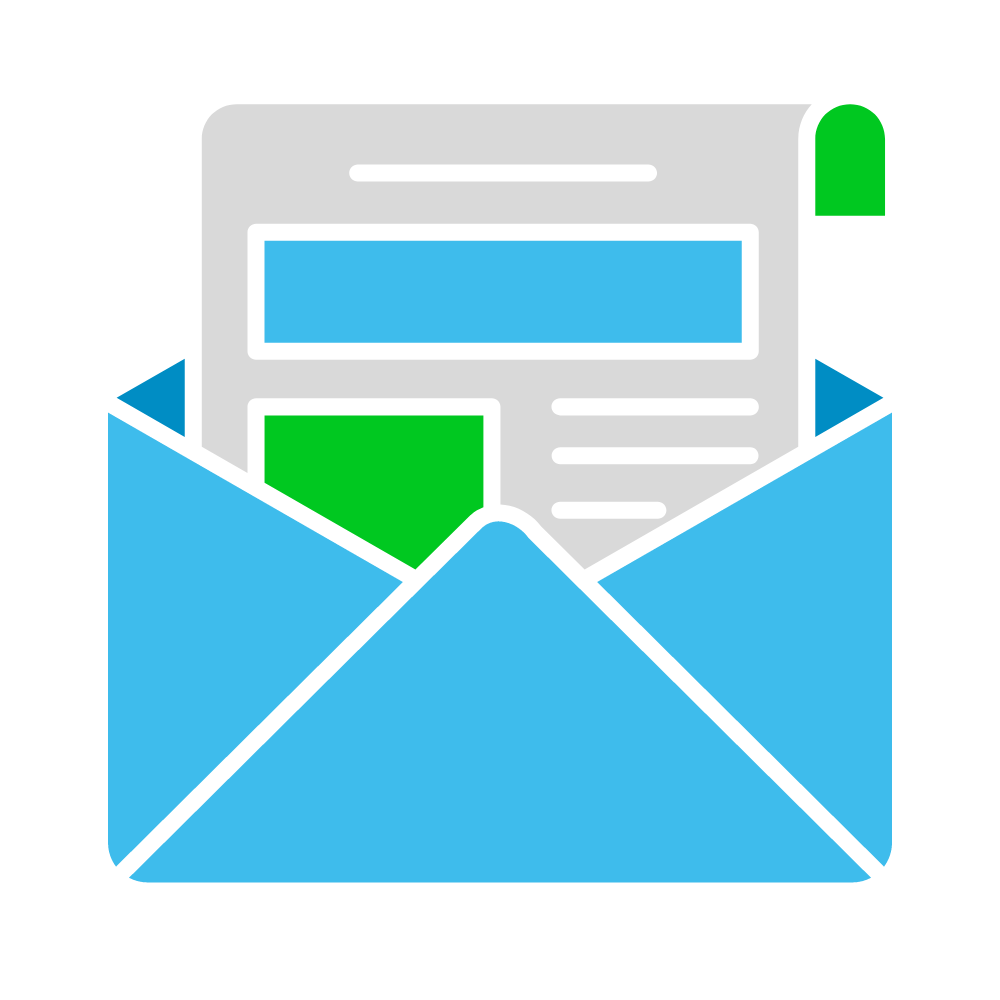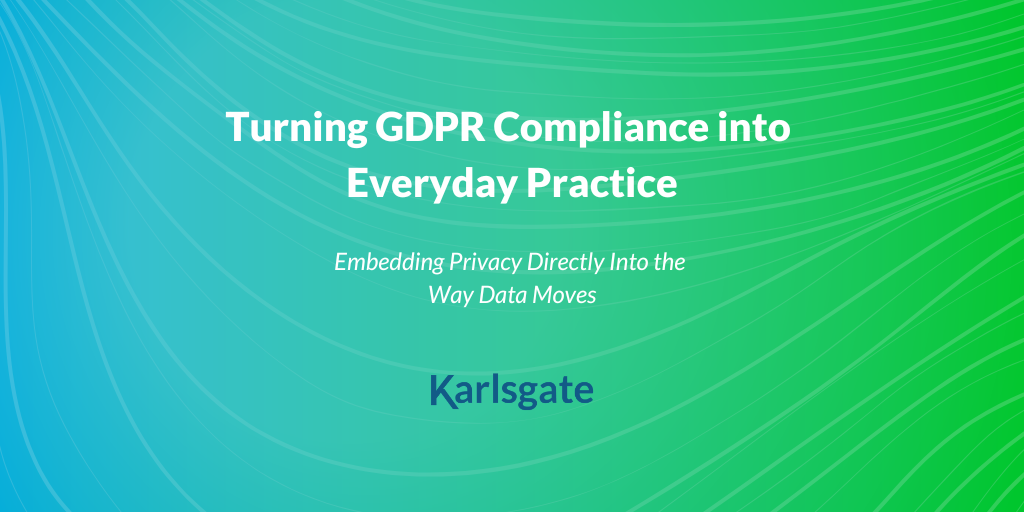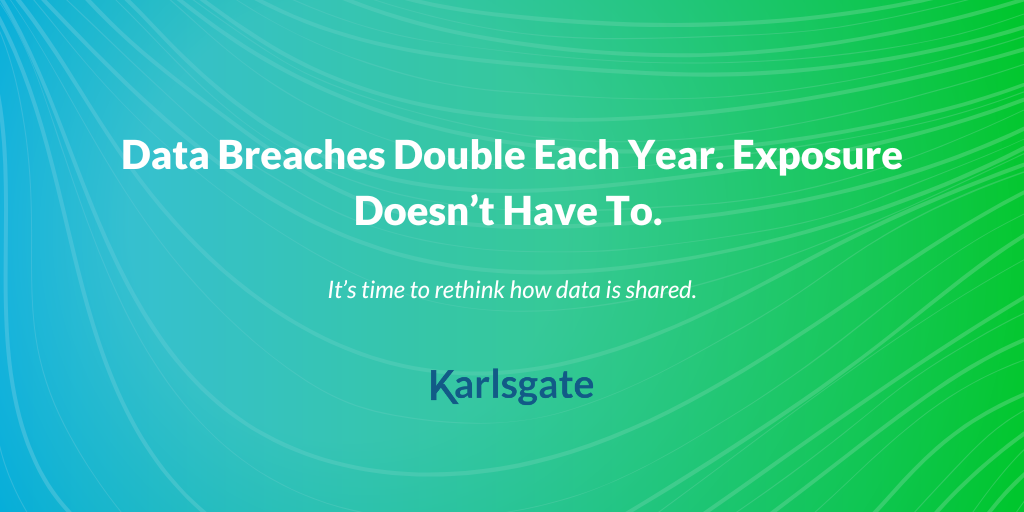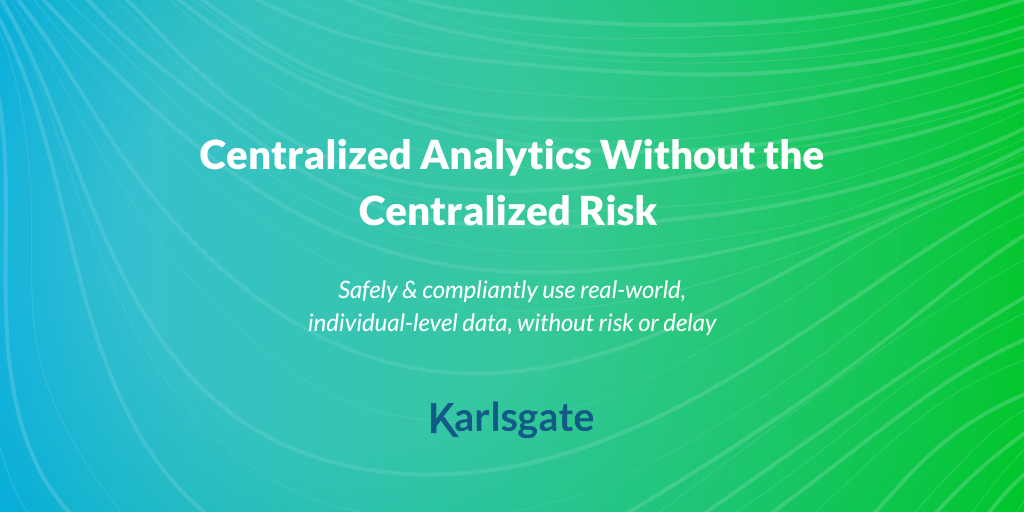Data breaches have become a disturbing norm, with reports of compromised information surfacing almost daily. Despite investing heavily in security infrastructure, companies with preventative measures...
The healthcare industry is always looking for ways to identify improvements in patient care. The number one “fuel” to drive innovative new solutions is data. It’s the insights that come from robust data mining that drive the improvements we’ve seen in remote patient monitoring, particularly during the COVID-19 pandemic, early disease detection, and even nanotechnology.
In light of these innovations driven by data and analytics, it’s no surprise that artificial intelligence (AI) and machine learning (ML) have emerged as powerful tools that promise to revolutionize the healthcare industry. These technologies hold immense potential to improve patient outcomes, reduce costs, and enhance the overall quality of healthcare services. However, their success largely depends on the quality and quantity of the data they are fed.
Fresh, accurate, and plentiful data from a wide variety of sources is crucial to fueling AI and ML in the healthcare space. Here’s why:
- Enhanced Diagnostics & Early Detection: Accurate and up-to-date data is the cornerstone of AI-driven diagnostics. With access to a vast database of medical records, patient histories, and clinical studies, AI algorithms can spot patterns and anomalies that may elude even the most experienced physicians.
- Personalized Treatment Plans: AI plays a pivotal role in tailoring treatment plans to individual patients. Fresh data enables algorithms to keep pace with rapidly evolving treatment options and guidelines. AI can analyze things like a patient’s medical history, genetics, and environmental factors to recommend the most effective treatments, improve patient outcomes, and minimize adverse effects.
- Improved Patient Care: Accurate data is crucial for optimizing patient care. It allows AI and ML algorithms to predict patient needs, such as identifying high-risk patients who may need closer monitoring or providing real-time alerts to healthcare providers for critical situations. This level of personalization and early intervention can reduce the burden on healthcare systems and ultimately save lives.
- Streamlined Administrative Processes: When it comes to the burden on healthcare systems, administrative processes are a large part of that. These systems are inundated with tasks that can be both time-consuming and error-prone. AI can automate various administrative processes, such as billing, scheduling, and claims processing. This not only saves time but also decreases costs, freeing up healthcare professionals to focus on patient care.
- Drug Discovery & Development: Fresh, accurate data is invaluable in the field of drug discovery. AI can analyze data from clinical trials, medical research, and patient records to identify potential drug candidates and predict their efficacy and safety. This can significantly accelerate the drug development process, potentially leading to breakthroughs in treatment and disease management.
- Predictive Analytics: Healthcare providers can use AI to anticipate patient needs and allocate resources effectively. Predictive analytics can help hospitals forecast patient admission rates, optimize staffing, and manage inventory levels.
- Continuous Learning & Improvement: The healthcare field is constantly evolving with new research findings, emerging diseases, and innovative treatments. Fresh data enables AI and ML models to adapt and learn continuously. As they process new information, they can refine their algorithms and improve predictive capabilities.
Connecting Identifiable Patient Data Comes with Significant Challenges
What do all these benefits have in common? Their success hinges on having timely, accurate, and varied data. This data underpins the power and potential of these technologies to transform the industry, but getting this data and scaling the processes around data collection are often the hardest parts for healthcare organizations due to challenges with data access, data quality, and interoperability.
Addressing these challenges is essential to unlock the full potential of healthcare AI and improve patient care:
- Timely Data for Real-Time Decision Making: Timeliness in data ensures healthcare AI systems can detect health issues or trends as they emerge. Early detection and real-time decision support enables healthcare providers to make informed decisions quickly and accurately, potentially saving lives or preventing the progression of diseases.
- Data Accuracy for Precise Diagnostics, Trials, & Patient Care: For personalized treatment recommendations, the accuracy of patient data is crucial, whether it’s medical history, genetic information, or current condition. Accurate data is crucial for identifying potential drug candidates, assessing their efficacy, or predicting potential side effects. Precise data matching – ensuring data from various sources align accurately – is equally vital in enabling effective diagnostics and trials. Matching accuracy ensures data is correctly associated with the right patients, resulting in correct diagnoses, improved trial accuracy, better coordination of care, and more efficient healthcare delivery.
- Varied Data for Comprehensive Patient Profiles & Predictive Analytics: Varied data sources provide a comprehensive view of patients’ health, encompassing not just medical records but also lifestyle, environmental, and social data. A holistic view is invaluable for understanding and addressing health disparities and making well-informed decisions and can also improve the accuracy of predictive analytics thanks to a more complete dataset.
Until we address the significant challenges with data access, data quality, and interoperability, we can’t harness the full power of healthcare AI.
In addition, there are other operational roadblocks to scaling data-driven innovations. Integration with existing workflows, patient data privacy rights, and security are also major concerns, especially in an industry where HIPAA and other privacy regulations are at play.
Unlocking Healthcare Data with Speed, Automation, & Scalability
Karlsgate solves these problems by providing the data pipeline tools for healthcare organizations to scale their ability to connect identifiable patient data. Global data to create a complete health history can be easily connected to supercharge AI learning engines, including patient-level data such as demographics, claims data, real-world data, economics, mortality data, SDoH data, labs, genomics, morbidity data, and diagnostics.
Karlsgate’s advanced automation accelerates AI and other data workflow efforts with unmatched precision and speed – leading to faster healthcare insights and better outcomes. This is not achieved with any sacrifice to data security. In fact, it’s the opposite. Protected health information (PHI) never leaves the data owner’s custody, remaining safeguarded during all touchpoints of the data-sharing process. Privacy-enhancing measures are embedded directly into data workflows, minimizing the potential for re-identification.

